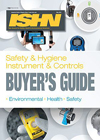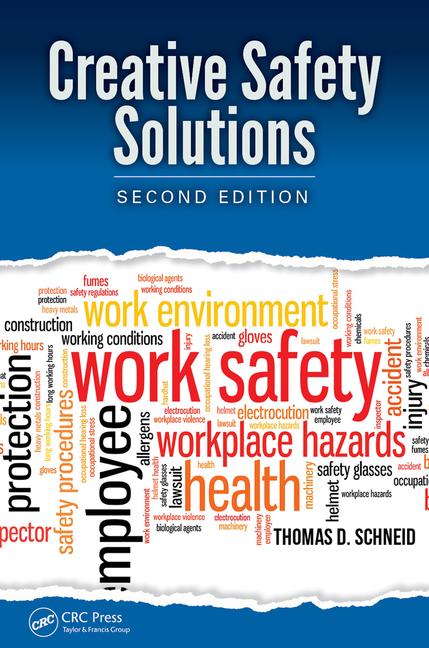When it comes to maintaining good eye health, those cherry-red Prada glasses you keep passing in the window are not the end of the discussion. Along with your general doctor and gynecologist, an eye doctor is also key, according to the blog Blisstree.
But you have 20/20 vision? Keep reading. Eye problems can sneak up on people whose vision was previously perfect–as evidenced by this blog author’s eye history. If you’ve never seen an eye doctor before, you may want to consider it just to be sure you’re in the clear.
Why? Because your eyes are windows to not just “the soul” but your body, also. When you have your eyes examined, you’re clued in to what’s really going on inside. A lot of women who are busy with work and life blatantly ignore their eye health. The rest of the body was the priority, right? Wrong. Everything is connected.
Get this: A few years ago, this blogger started wearing contacts. When they began to irrirate her eyes, she chalked it up to overuse, or allergies—and so did her optometrist. Her eyes were red, painful, swollen and extremely sensitive to light for months. Even using contacts sparingly, pain and vision issues worsened. She decided to see an opthalmalogist, who confirmed her fears: I had an autoimmune disorder, and I was suffering from bouts of painful Uveitis.
She had several blood-tests that determined the Uveitis was associated with rheumatoid arthritis, which was just beginning to flare up in me. It wasn’t her contacts or the Spring allergens after-all.
For a week, she wore a pirate patch to keep the light out of her eyes. Want to avoid a similar fate? Here are a few other vision health facts to keep in sight.
You’re not too young for age-related eye problems
When we think of cataracts and glaucoma, we generally think of our grandparents. While that’s often the case, there are plenty of age-related eye problems that can begin to take hold in your 20s or 30s.
Early detection, like anything, is key. Young, healthy women should visit their doctors and have them check for pressure irregularities. Problems aren’t always something you’ll feel or detect on your own, and definitely can sneak up on you over the years.
This blogger says she is grateful she found out about her eye condition when she did, because she was able to medicate quickly and properly. Prolonged use of some over-the-counter medicines, like steroid eye drops, can actually cause and/or worsen cataracts—even in young women.
Contact overuse is common
Even if you’re not suffering from an eye disorder, you might be a contact user. And if you’re a contact user, there’s a good chance you’re a contact over-user, too. If you often find yourself working late and forgetting to take your contacts out, beware. Staring at a screen, rubbing your eyes and having dry contacts can lead to a whole plethora ofpretty gross issues.
Wear your contacts sensibly. Really. Keeping your lenses clean, knowing when to take them out (when they’re bothering you!) and keeping your prescription up-to-date (it can change faster than you know) are all obvious but easy-to-overlook steps toward propercontact lens maintenance.
A good doctor does wonders
If you’re having eye issues, it might not be enough just to see your optometrist. Though the ladies and gents who fit you a perfect pair of trendy glasses are wonderful, seeing an opthalmalogist as well can be crucial. Opthamalogists can run special tests and bring in specialists for anything that might be harder to detect and diagnose.
Eye care does get expensive, but there ishelp for the uninsured. Ultimately, vision is what allows people to experience the world. Isn’t that worth the time spent with our doctors?
Read more: http://www.blisstree.com/2013/03/21/beauty-shopping/eye-care-tips/#ixzz2OYjrFEs7




